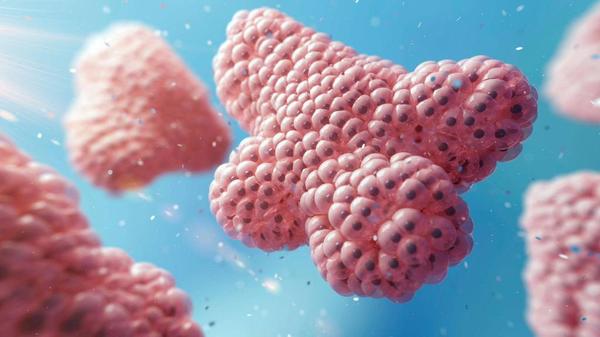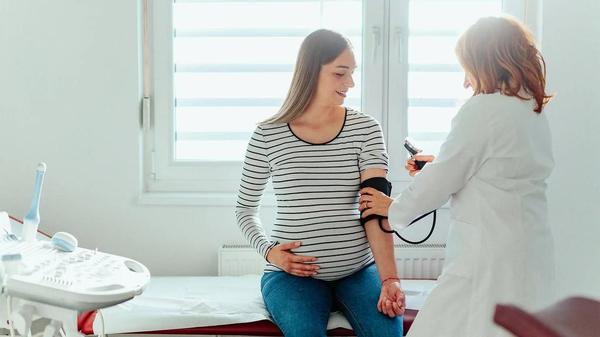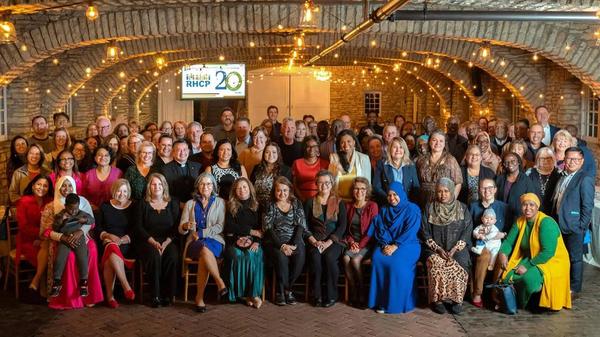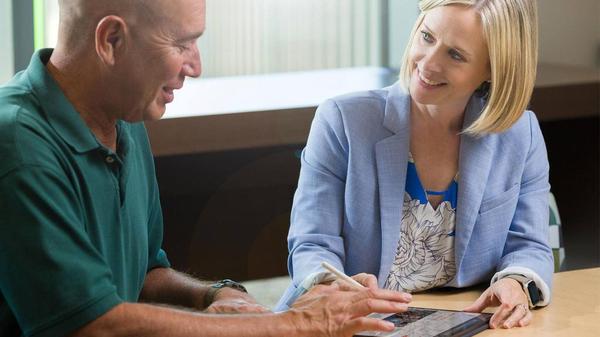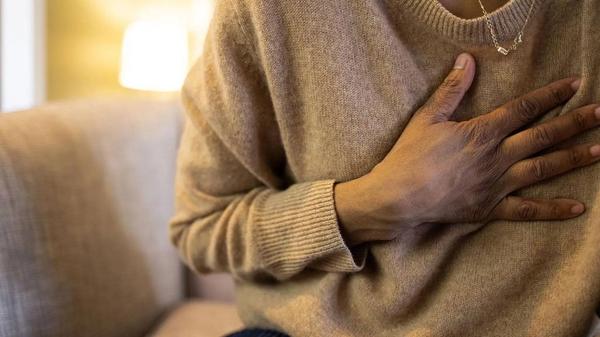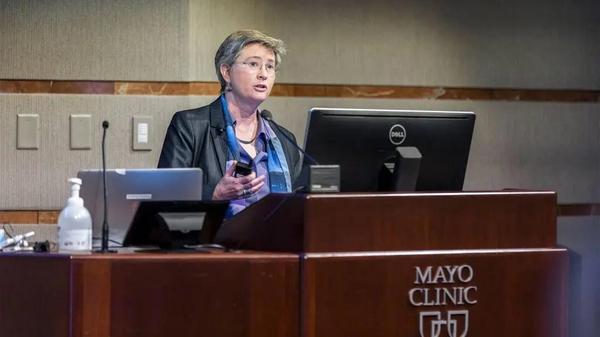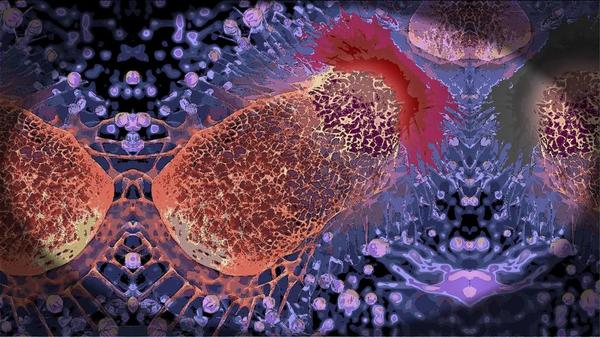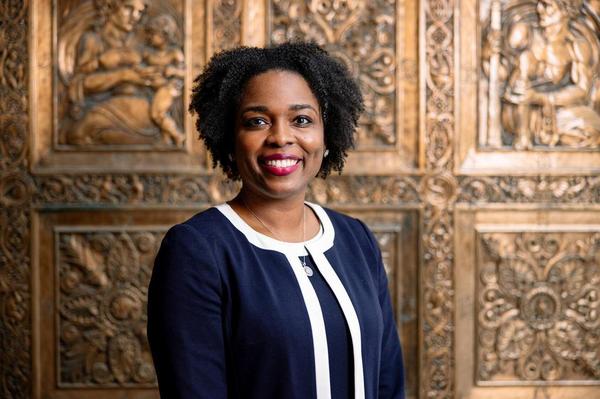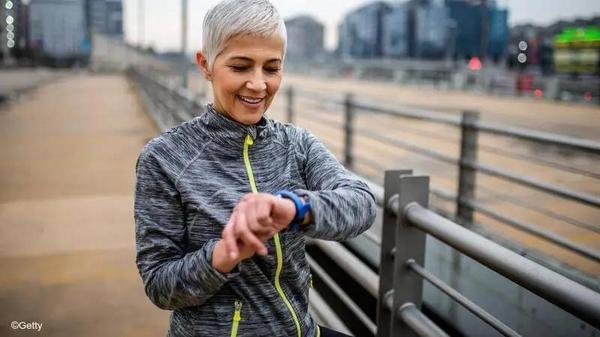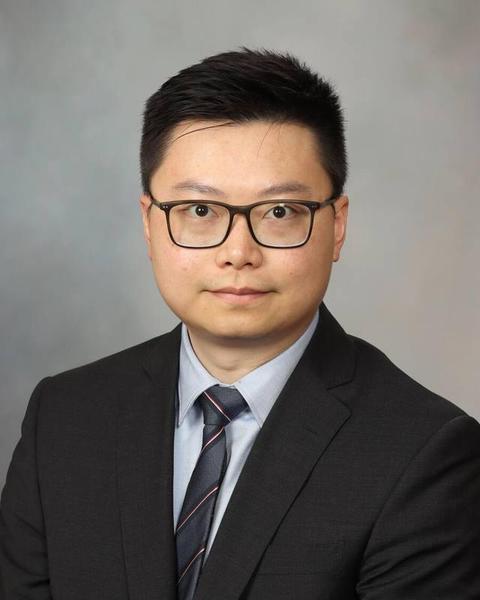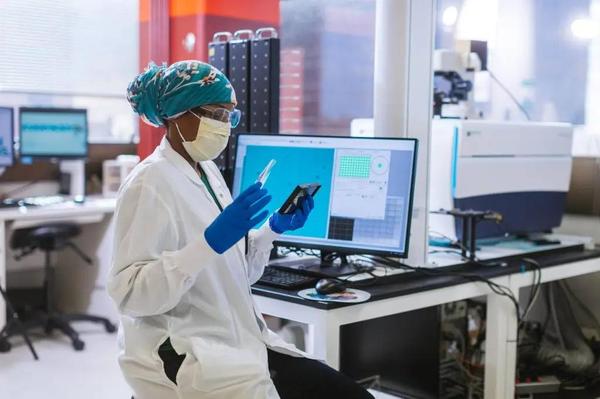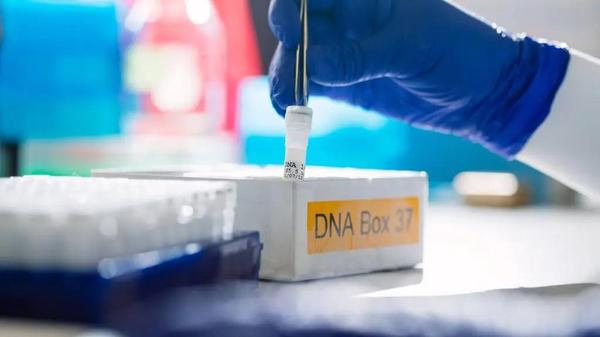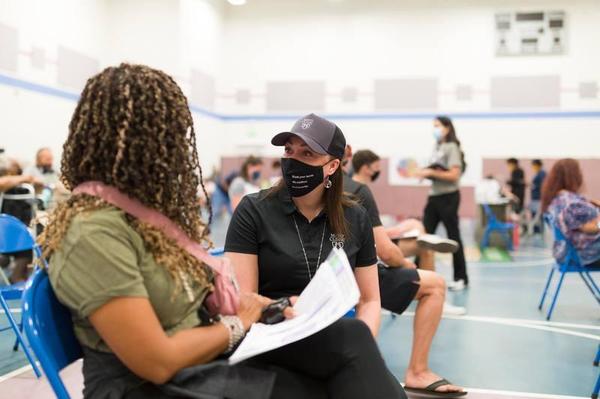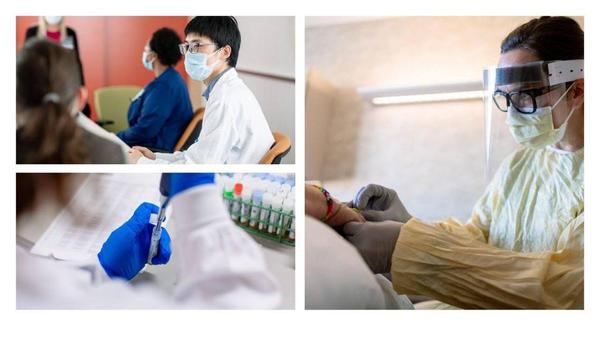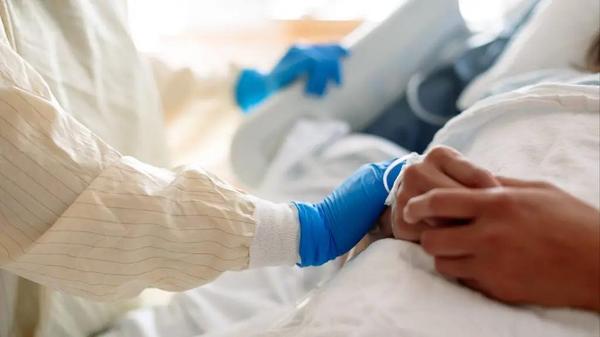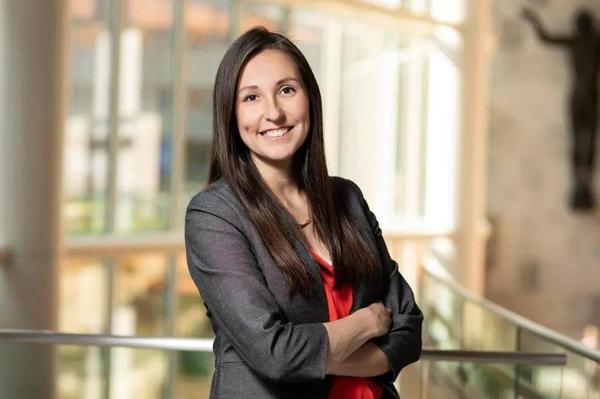
Native community experts guide tobacco cessation research - Mayo Clinic News Network
When Mayo Clinic approached Phoenix resident Kory Billie about helping researcher Annie Rusk, M.D., design a tobacco cessation intervention tailored for Native Americans, he jumped at the chance.
Billie, who has smoked most of his life, understands how using tobacco can negatively affect many aspects of a person's health. He is also a member of the Navajo Nation and has witnessed the challenges that family, friends and other members of his tribe have faced quitting tobacco. In recent years, h...
Billie, who has smoked most of his life, understands how using tobacco can negatively affect many aspects of a person's health. He is also a member of the Navajo Nation and has witnessed the challenges that family, friends and other members of his tribe have faced quitting tobacco. In recent years, h...

